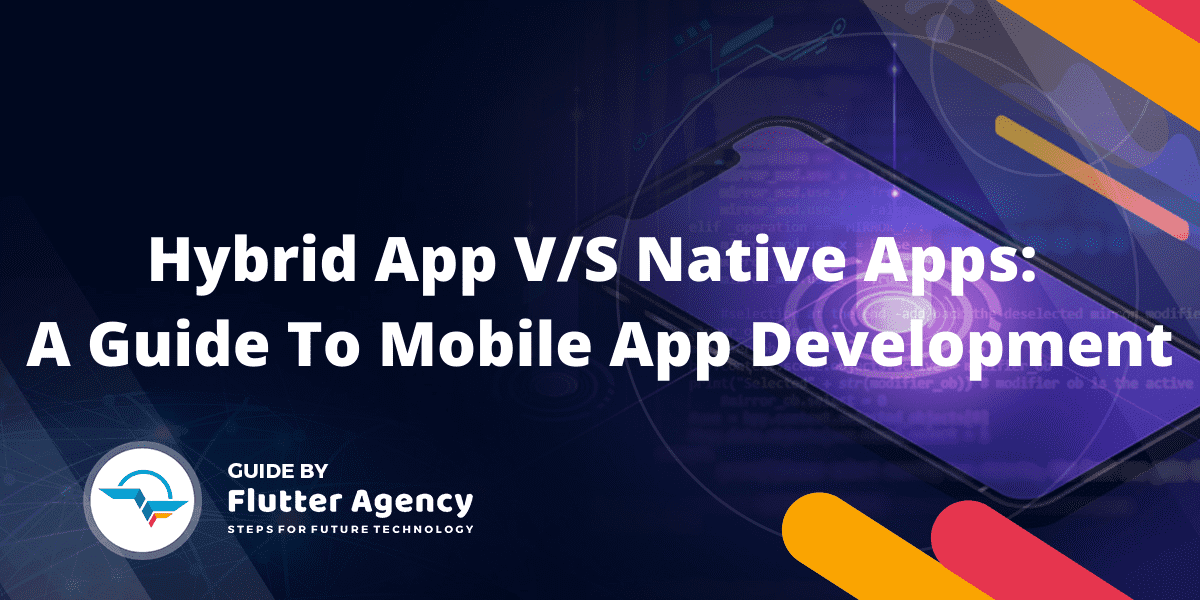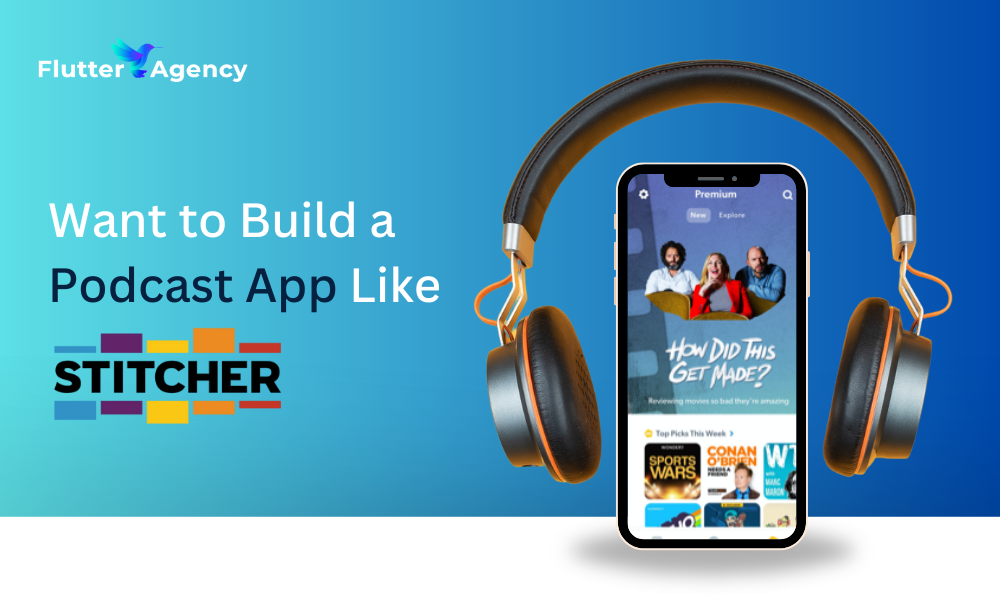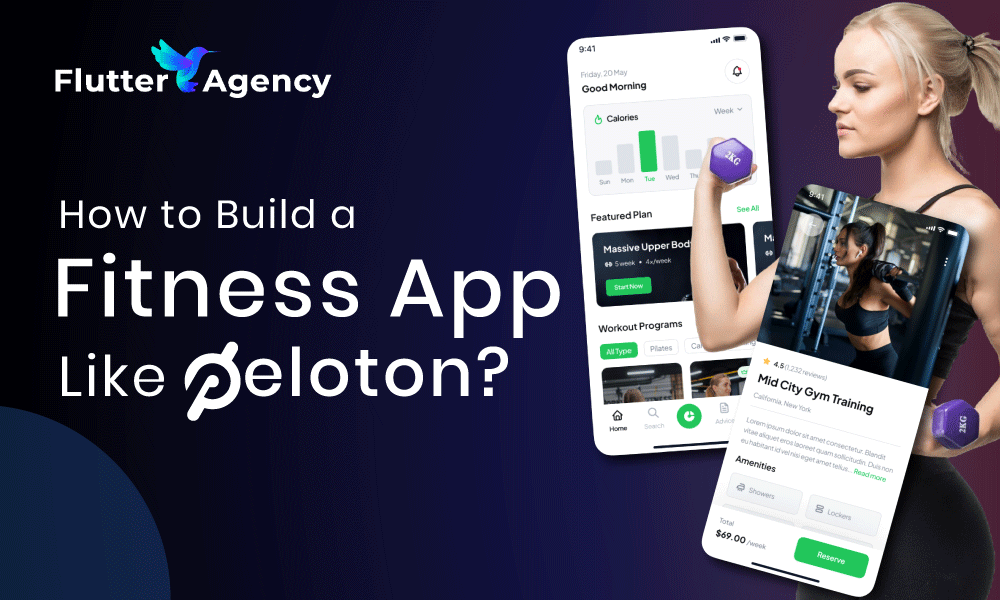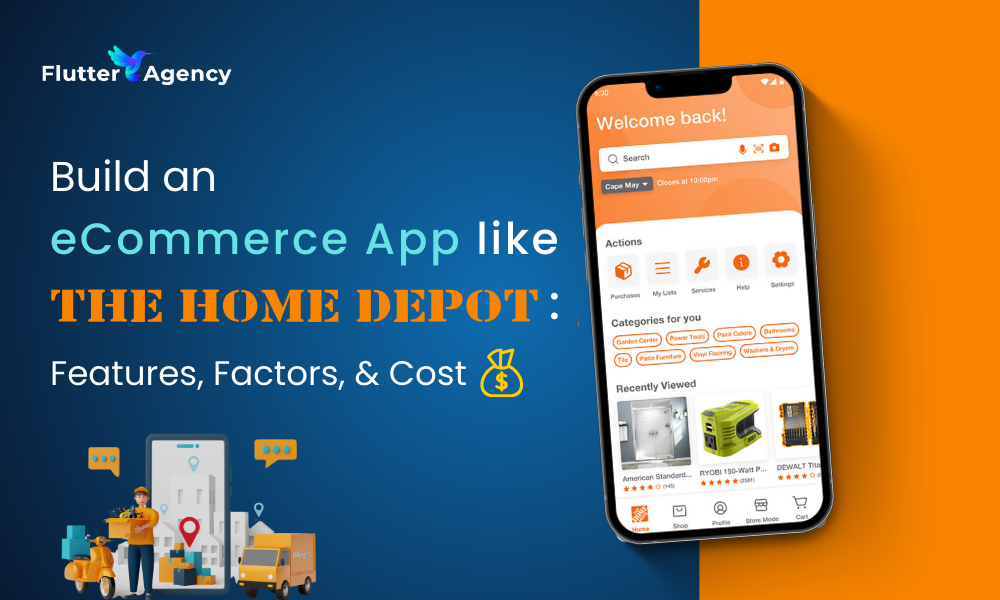Hybrid App V/S Native Apps: A Guide To Mobile App Development
Hybrid App V/S Native Apps: A Guide To Mobile App Development
So if you are wondering whether you should take the Hybrid App V/S Native Apps route for your next mobile application? You will strike this article very helpful.
Well, it is well known that IoT has already revolutionized the industrial sector. And it is slowly gaining momentum in the consumer appliances market. And the connected world of the Internet of Things (IoT) is developing rapidly. So this has given rise to many speculations about how IoT will become an intrinsic part of our daily lives soon.
The Flutter Agency regularly considers the factors examined here. While developing a new mobile application, and now you can too. And you’ll know the pros and cons of both approaches. And which one almost always provides the better customer experience for your users.
So we know that mobile applications have become the kingpin of innovation for a decade now. Here, we will help you understand the features of hybrid and native apps. And the differences between them, along with their pros and cons. To help you decide on the best approach among Hybrid App V/S Native Apps to follow for mobile application development.
Hybrid App V/S Native Apps
Hybrid Apps blend the aspects of both native and web apps. So technically, a hybrid app is a web app that has- the look and feel of a native app.
And basically, a hybrid app is a web app built using HTML5 and JavaScript. But we wrapped it in a native container that loads most of the information on the page. So as the user navigates through the application (when the user first installs the app, native apps download most of the content instead).
So Hybrid apps maintain full access to the features of the mobile device with the help of internal application program interfaces (APIs). Because- Native apps can work offline since we downloaded them. But Hybrid apps do not come with this functionality.
The Hybrid app has similar functionality to a web app. So as it is- mainly based on web apps. And the advantage of Hybrid apps is that they are easier and faster to develop than native apps. And they also require less maintenance. So, the speed of your hybrid app will depend on the velocity of the user’s browser. And ultimately, this means that hybrid apps will rarely perform as fast as native apps.
Pros. of Hybrid Apps
- Hybrid apps do not involve a web browser like web apps.
- Hybrid apps have access to the device’s internal APIs and device hardware.
- Developers need to write it only once and run the code where necessary. Because- there is a single code base for all platforms.
- Hybrid apps can accomplish the same hardware-based operation acceleration as native apps.
- Hybrid apps have a catalog of “one for all” builds that can sustain time. And money when developing different versions of the same app.
- Hybrid apps enable to have a similar and consistent user experience across platforms. But regardless of whether the user runs between different operating systems, devices, or browsers.
- The same developer or development team will deliver hybrid apps to anyone. And all platforms, including websites, because they only require web technologies to develop.
Cons. of Hybrid Apps
- Hybrid apps are much stiffer than native apps.
- With Hybrid app development, you rely on third-party programs to expand the app’s wrappers.
- The more customization an app needs, the more it takes away from hybrid development. So which costs more money and can save with native app development.
- Because of hybrid apps, the appearance of the app may differ between users. And it also depends on the version of the software they are using and the operating system they are using.
- For a lot of applications, the performance is the same for hybrid apps and native apps.
- Hybrid apps can access all the native device features like Media and TouchID. So, hybrid apps rely on native plugins.
- Hybrid apps depend on various libraries and frameworks, like Cordova or Ionic.
- Because different platforms also have specific hardware options. And you may have to develop distinctive branches of features and user flow, anyway. So this increases development costs and time.
Native Apps refer to application software that develops to work on a specific platform or device. So it is made to work on a particular mobile device and its operating system. And it has the skills to use device-specific hardware and software.
Native mobile apps are the most familiar type of app. And they are built for the specific platform and written in the languages that the platform accepts. We assemble native apps using a specific Integrated Development Environment (IDE) for select operating systems. Both Apple and Google provide their development tools, interface elements, and SDKs to app developers.
So we usually build a native app using the Java Development Kit for the Java platform (Android). And iOS- we formed native apps with the iOS SDK and Swift. Native apps are applications written in the languages the platform is building on to accept them.
Native apps are- assembled using the operating system’s SDKs. And can also collaborate with all device features. Like- microphone, camera, GPS, device storage, etc. It is- developed in a platform-specific programming language, which makes them compatible only with the respective platform.
Pros. of Native Apps
- Native Apps provides a range of functionality as it takes advantage of the capability of the primary mobile device.
- It gives quick and responsive software performance. And it comes with push notification functionality.
- Native apps have a recognizable look and feel to them. So they are essentially a micro-version of the operating system’s default applications.
- Native applications are faster. Because they are native to the platform for which they are- developed.
- They work better offline, which means they don’t require internet connectivity to run (mostly).
- Native apps have a recognizable look and feel to them. Because- they are essentially a micro-version of the operating system’s default applications.
- There is less dependency on open source libraries and platform native apps. Like Cordova and Ionic, which makes native apps easier to work.
Cons. of Native Apps
- Native apps use complex programming languages that require experienced developers.
- There is a higher cost involved, as more developers need to build and handle the code base for each platform.
- Every feature update spends a lot of time on multiple fabrications for different platforms.
- Native apps are not the best choice for simple applications.
- It is almost always quite difficult and time-consuming to release the same feature on all platforms simultaneously.
- Each platform code should have its release cycle and updates. And this ultimately adds to the development time and cost.
- There is little flexibility compared to hybrid apps.
Flutter Agency- Best Mobile Applications Development Agency
As the Flutter agency discussed above, native and hybrid apps have their advantages and disadvantages. So we recommend it to discuss Hybrid App V/S Native Apps with our application developers. After seeing the specifications of the business. Who will shape your ideas in the best way!
So, collaborate with our team, and we will make your mobile app development an effortless task. Because working with a professional mobile app development team is always a sympathetic approach. To make your mobile app development project feel like a natural transition rather than a giant leap into unknown territory.
Contemporary ventures
Recent blog
ready to get started?
Fill out the form below and we will be in touch soon!
"*" indicates required fields













